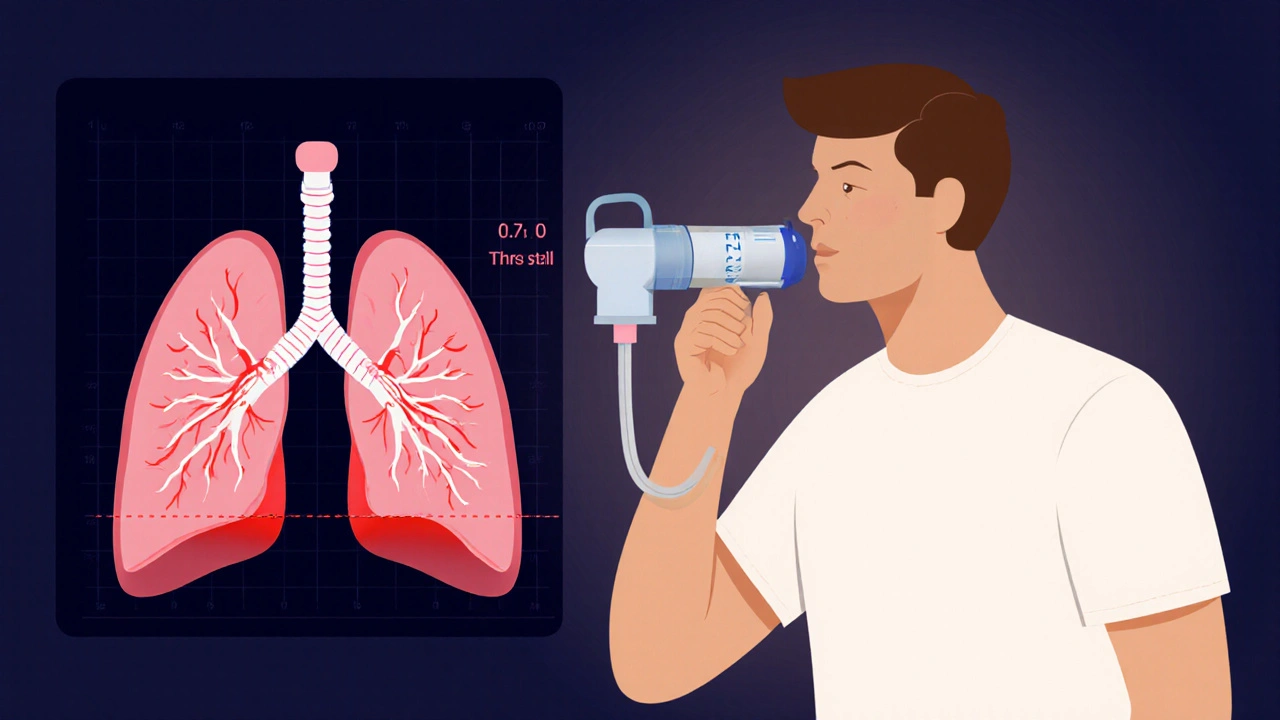Respiratory Health – Simple Ways to Breathe Better
Ever feel short of breath after climbing a few stairs? Your lungs work nonstop, so giving them a break with good habits makes a big difference. Below you’ll find straight‑forward tips you can start today, plus clear signs that it’s time to call a doctor.
Everyday habits that protect your lungs
First off, quit smoking if you haven’t already. Even occasional vaping adds irritants that can scar airways. If quitting feels tough, try nicotine patches or talk to a pharmacist – they have easy‑to‑follow plans.
Next, watch the air you breathe. On high‑pollen days or when the forecast shows heavy traffic, keep windows closed and use a basic HEPA filter or an inexpensive portable air purifier. It’s a cheap move that cuts inhaled particles.
Staying hydrated is another hidden hero. Water keeps mucus thin, helping cilia (those tiny hair‑like cleaners in your throat) move debris out of the lungs. Aim for eight glasses a day, and sip more if you’re exercising.
Exercise isn’t just for muscles; it strengthens your breathing muscles too. Even a 20‑minute walk three times a week can boost lung capacity. If you have asthma, use your inhaler before you start, then pace yourself and notice how your breath feels.
Vaccines are often overlooked but they prevent infections that can scar lungs. The flu shot and the pneumococcal vaccine are especially important if you’re over 65 or have chronic conditions like COPD.
When to see a professional
If you notice a persistent cough that lasts more than three weeks, it’s time for a check‑up. Same goes for wheezing, chest tightness, or a sudden drop in exercise stamina. These symptoms can signal asthma, COPD, or an early infection that needs treatment.
Shortness of breath at rest or while sleeping isn’t normal. It could be a sign of heart‑lung interaction problems, and early detection can save you from serious trouble.
Allergies can hijack your breathing too. If over‑the‑counter antihistamines don’t calm the sneezes and nasal congestion, ask a doctor about allergy testing or prescription inhalers.
Don’t ignore chest pain that comes with breathing difficulty. Even mild pain should be evaluated to rule out pneumonia or a blood clot.
Our site dives deeper into specific conditions and medicines that affect the respiratory system. Browse the articles on asthma inhalers, COPD treatments, and safe ways to buy related prescriptions online. You’ll find clear dosage guides, side‑effect warnings, and tips for getting meds from reputable pharmacies.
Bottom line: protect your lungs with clean air, hydration, movement, and vaccinations, and see a professional when breathing feels off. Small daily choices add up to stronger, easier breathing for years to come.


